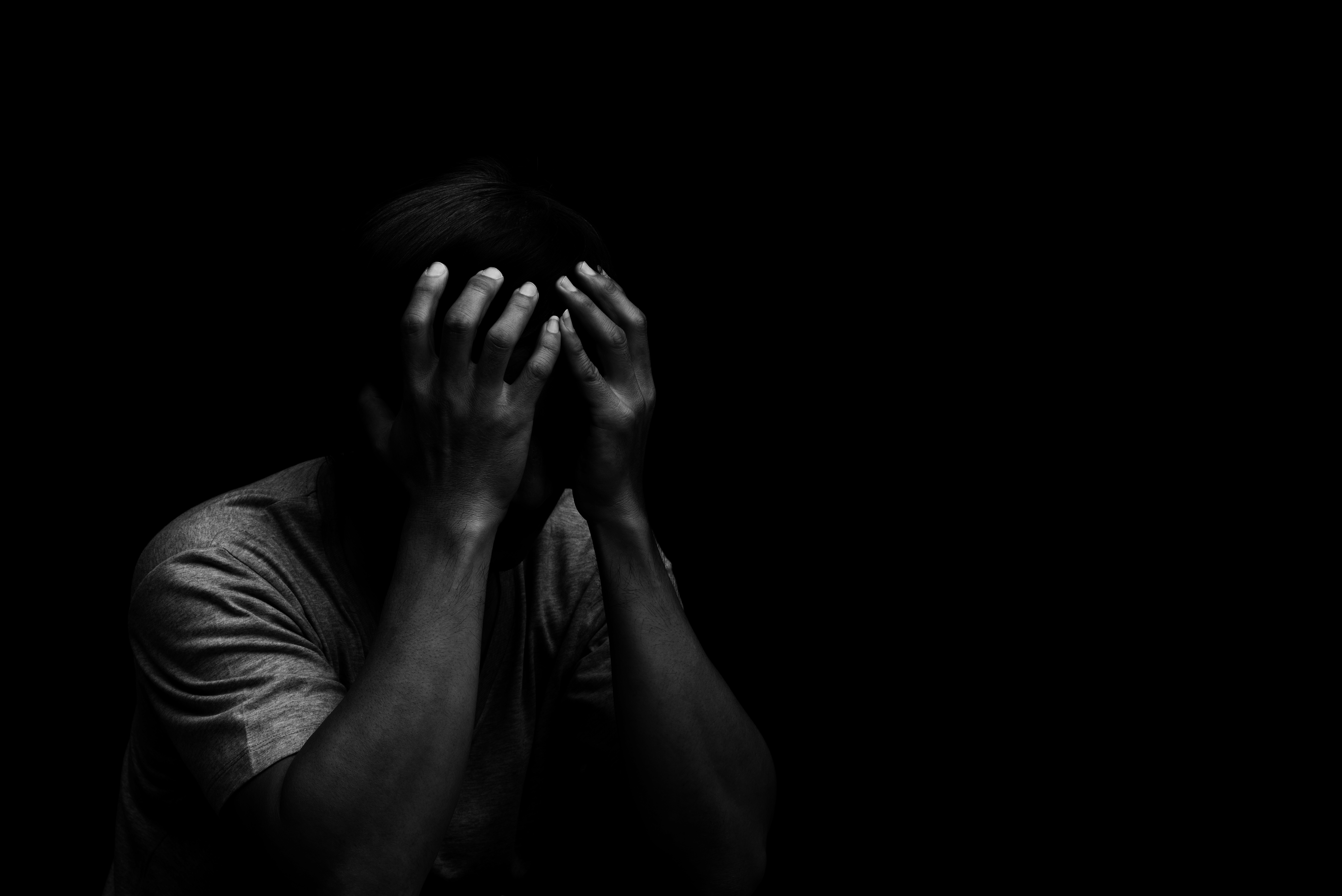University of Western Australia Calls for Indigenous-Led Response to Address Escalating Suicide Crisis
Leading Indigenous psychologist Professor Pat Dudgeon AM is calling for more resources to help communities tackle rising rates of suicide, particularly among Indigenous people.
“Mainstream mental health services have responsibilities but community-led solutions can more effectively repair the damage that colonisation and ongoing disadvantage has done to our communities.”
Professor Dudgeon AM, UWA School and Indigenous Studies, Director of the Centre of Best Practice in Aboriginal and Torres Strait Islander Suicide Prevention
The latest data from the Australian Bureau of Statistics (ABS) has revealed a rapid increase in suicides over the past year, with the Indigenous rate 2.5 times higher than the Australian average – and the higher risk particularly evident among Aboriginal and Torres Strait Islander men.
Professor Dudgeon, from UWA’s School and Indigenous Studies and Director of The Centre of Best Practice in Aboriginal and Torres Strait Islander Suicide Prevention, said Indigenous communities needed more resources.
“Our people are disadvantaged by massive and growing rates of incarceration, removal of children into out-of-home care, lower access to education, employment and housing, and everyday experiences of racism,” Professor Dudgeon said.
“This results in high levels of intergenerational trauma, psychological distress and – all too often – suicide.”
The ABS annual Causes of Death data for 2022 found there had been 239 Aboriginal and Torres Strait Islander suicides – the highest number ever recorded annually – and an increase in Indigenous suicides across the nation from 2018 to 22, compared with the 2013 to 17 period.
It also showed a younger median age for Indigenous suicides compared to the population as a whole, and that Indigenous and Torres Strait Islander males were most at risk, with a 19 per cent increase in the suicide rate among that group.

The ABS said official figures might underestimate the true number of incidents, because of a lack of appropriate systems for identifying Aboriginal or Torres Strait Islander status in many cases.
Professor Dudgeon called for governments to empower Indigenous communities to develop their own responses to the emergency.
“We need solutions that respect our culture and re-empower our people,” she said.
“Mainstream mental health services have responsibilities but community-led solutions can more effectively repair the damage that colonisation and ongoing disadvantage has done to our communities.”
She said the $52.9 million national Culture Care Connect program, which delivers Indigenous-specific suicide prevention training and after-care services for people who have attempted suicide, was an example of positive policy and practice.
“Culture Care Connect is led and governed by Indigenous people, for Indigenous people,” Professor Dudgeon said.
“We need to see more investments like this, focused on regions with the greatest need and building on our own cultural knowledge and capacity.”

